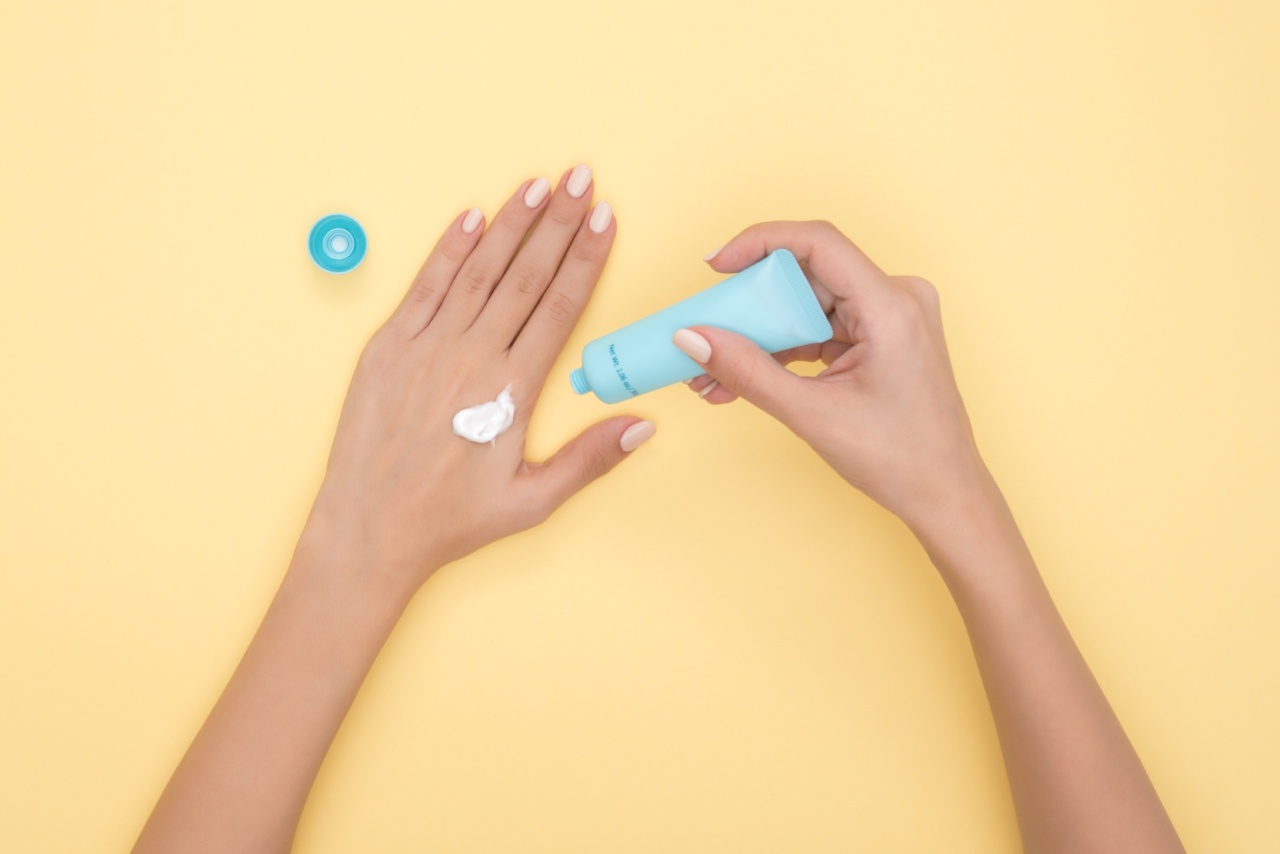Protecting your skin from the harmful UV rays of the sun is essential to avoid skin damage, sunburn, premature aging, or skin cancer. Sunscreen is a crucial tool for keeping your skin healthy.
However, with so many types and brands of sunscreens available, selecting the perfect match is quite challenging. Three primary types of sunscreens available in the market are sprays, lotions, and sticks.
Types of Sunscreens
Spray Sunscreen
Spray sunscreen is easy to apply as you only need to spray it on your skin, but there is no guarantee of full coverage. It is a convenient option for people who are always on-the-go or have trouble reaching hard-to-reach areas like the back.
But it’s important to note that spray sunscreens can carry potential health risks, especially when used indoors or in windy conditions. Inhalation of spray sunscreen can cause lung damage, and the sunscreen’s effectiveness can also decrease with wind.
Lotion Sunscreen
Lotion sunscreen comes in different forms—waterproof, sweat-proof, and oil-free. Lotions offer more complete coverage as you can massage it directly into your skin. It tends to be thicker than spray sunscreens, making it easier to reach full protection.
However, lotions may leave a greasy or oily residue on the skin, causing discomfort to some users. It’s important to be mindful of the amount of lotion used because over-application can cause clogging or acne breakouts.
Stick Sunscreen
Stick sunscreen is a convenient option for targeted areas like the face or around the eyes. It’s perfect for on-the-go application with its compact packaging that easily fits into any bag or pocket.
The stick form allows for precise application and prevents wasting excess product. However, stick sunscreens are not recommended for use on larger areas of the body because it would take a considerable amount of time and effort to have complete coverage.
Different Skin Types
Choosing the right sunscreen for your skin is crucial in determining its efficacy. Different skin types require different levels of sunscreen protection.
A person with pale or fair skin, for example, would need a higher SPF level compared to someone with darker skin. Here are some factors that can help you determine which sunscreen you should purchase:.
Sensitive Skin
If you have sensitive skin, it’s best to look for sunscreens that are free of harsh chemicals such as parabens or fragrances. Opt for mineral-based sunscreens that use titanium dioxide or zinc oxide as their active ingredient.
These ingredients work by sitting on top of the skin, reflecting the sun’s rays, instead of being absorbed into the skin, making it perfect for sensitive skin.
Dry Skin
Those with dry skin should consider heavier moisturizers after applying sunscreen to prevent dryness and flakiness. Look for sunscreens that contain natural moisturizing agents such as aloe vera and hyaluronic acid for an added boost of hydration.
Avoid alcohol-based sunscreens that can cause further dryness.
Oily or Acne-Prone Skin
For those with oily or acne-prone skin, look for sunscreens that are oil-free, non-comedogenic, and have a light consistency.
Opt for water-based sunscreen formulas that contain salicylic acid, niacinamide, or other acne-fighting ingredients that reduce breakouts’ chances.
Conclusion
Sunscreen is an essential item for everyone, and choosing the right one for your skin type and lifestyle is crucial to achieving the best protection. Whether you prefer spray, lotion, or stick sunscreen, there is an option for everyone.
Remember to apply sunscreen 15 minutes before you go outside and reapply every two hours or immediately after swimming or sweating.




























